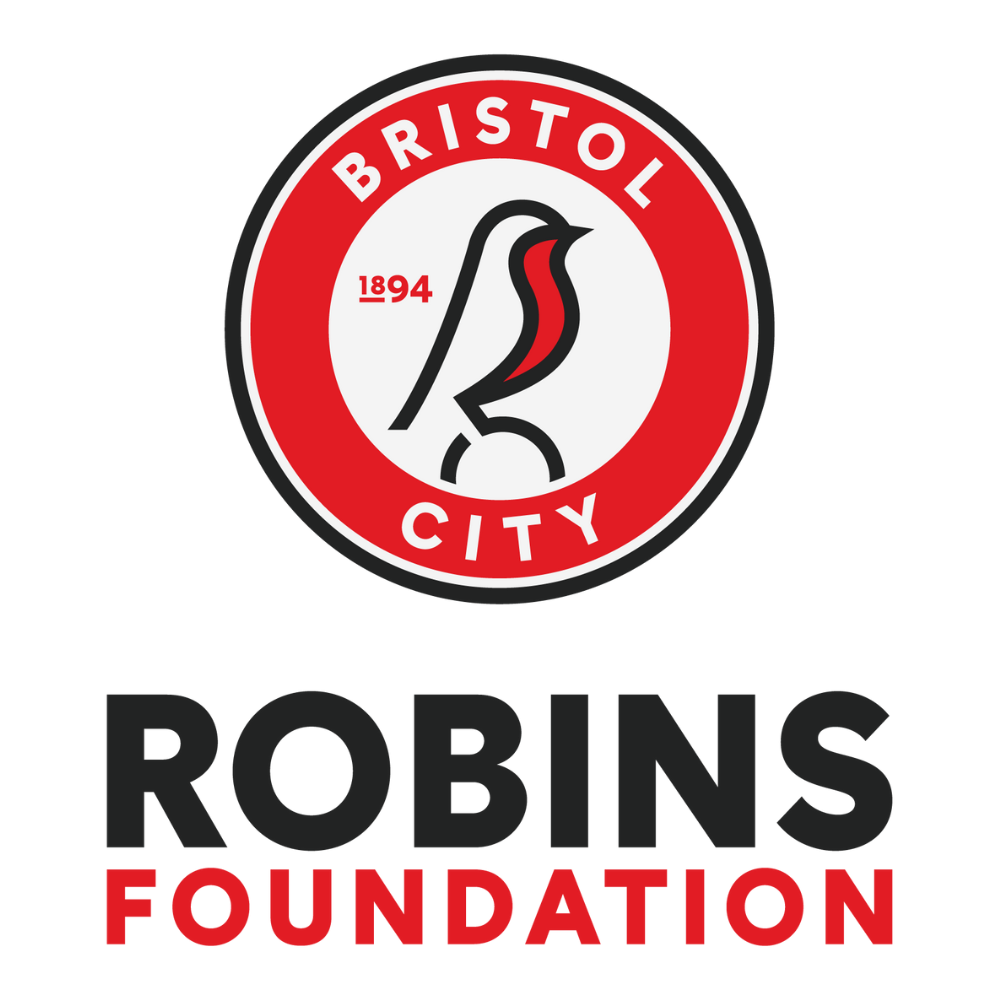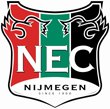From the Schalke cosmos out into the world: Trainer educator Kai Brock on cooperation with the FCSA
Since 2017, FC Schalke 04 has regularly travelled to former crisis areas as a partner club of the Football Club Social Alliance (FCSA). In cooperation with FCSA and other European football clubs, FC Schalke 04 trains young adults to take on social responsibility through football and to become social role models within their communities. The Young Coach training programme especially trains participants in their social work with disadvantaged children.

With the start of the FCSA membership, Kai Brock also began his work, and since then he has been working on behalf of the S04 as a coach instructor for the Young Coaches worldwide. In this interview, Brock talks about his work as an instructor. Brock’s first trip took him to Beirut in 2017. Projects in Rwanda, Vietnam, India, Mexico and Tanzania followed. Most recently, he travelled with club representatives from SV Werder Bremen and FK Austria Wien to Colombia, where he helped integrate displaced and refugee children through football as part of the Young Coaches training programme.
“Of course, football is at the centre of our work, but within the projects it rather serves as a medium for teaching values and social skills. We all know how much football can inspire people. We consciously make use of this unifying power. The projects with the FCSA are therefore primarily designed to build sustainable structures and to encourage the future coaches in their social commitment with disadvantaged children from their home regions”.
Brock, who is the coordinator of methodology in the Knappenschmiede at Schalke, attests to football’s role as a catalyst within the projects.

A Young Coach training phase comprises a total of three modules. While modules one and three teach the basics of children’s football and football-specific content, the second module focuses on developing the necessary emotional and social skills.
“In the leadership module, the main focus is on training the personal skills of the future coaches so that they can act as social role models in the future and are able to create a more stable environment for the children with the help of football training,”
Kai Brock
In order to make the training operation sustainable, not only pedagogical skills are trained, but also the assumption of organisational tasks such as applying for financial and material support.
The challenge for both the trainers and the Young Coaches is to be able to react spontaneously to any conceivable situation in the different areas and to be flexible in their work accordingly:
“In the regions we travel to with the FCSA, we mostly find harrowing living conditions. Political conflicts, poverty, exclusion. Violence. All this has a serious impact on the living conditions of the people there, which are in no way comparable to the standard of living in Western Europe. Our task is to use sport to create a community in which all children can participate. Every child is allowed to participate, no one is excluded.”
Kai Brock

Through the cooperation with the Football Club Social Alliance, FC Schalke 04 was able to expand its social commitment to the international level. Brock’s many years of experience of various coaching activities within the Knappenschmiede serve as a knowledge base to optimally prepare the participants for their work as Young Coaches.
“I am incredibly proud to be part of this extraordinary project. The Scort Foundation, which is largely responsible for organising the projects and created the FCSA, does a fantastic job so that we instructors can completely focus on our work.”
Kai Brock
In January 2023, Brock will make the journey to Tanzania again. He and the FCSA team have already travelled to East Africa twice. The third visit is a so-called follow-up. Three years after completing the training, they will look at how the Young Coaches have developed in their role as mentors.
“We want to create something sustainable. To do this, it is important that we follow each project for several years to see how what has been learned is implemented.”
Kai Brock

Aris Limassol FC Social, Environmental, and Health Initiatives






